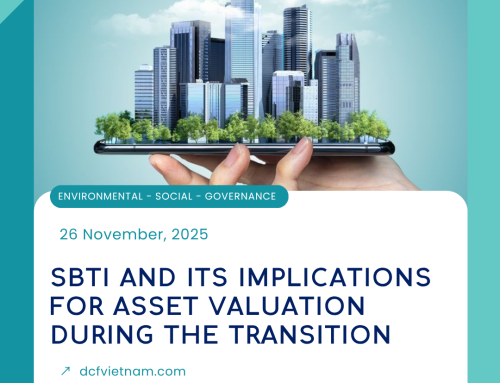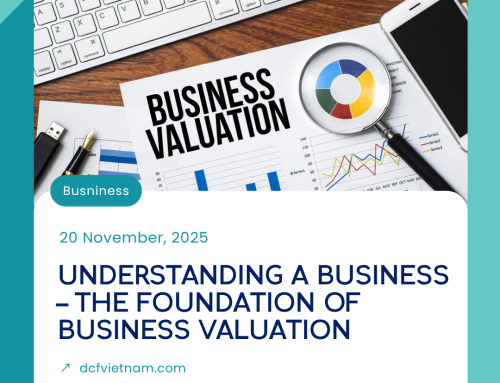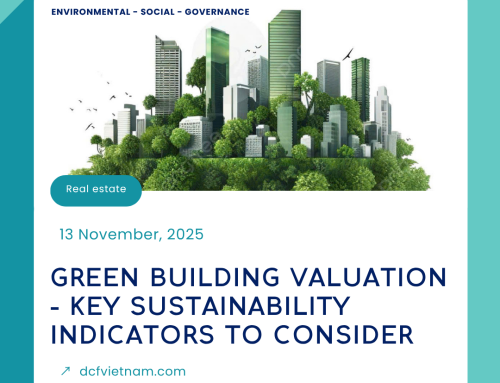
In a context where both the government and society place strong emphasis on digital development, digital transformation has become a mandatory requirement across all sectors, including valuation. The application of digital technologies not only enhances efficiency but also meets the growing demand for accuracy, transparency, and speed in valuation processes. The government has issued several policies to support digital transformation, notably Decision No. 749/QĐ-TTg (2020) on the National Digital Transformation Program to 2025. This program promotes digital adoption across all sectors, including valuation, and establishes a favorable legal framework for the industry to evolve towards modernization and sustainability.
Technology ecosystem: Valuation in the digital era
Digital transformation in valuation involves applying technology to digitize, automate, and optimize the entire process—from data collection to reporting. These technologies do not operate in isolation but interact to form a synchronized and efficient ecosystem.
Big Data – a rich and multi-dimensional data foundation
Big Data provides massive and diverse datasets, ranging from transactions and property characteristics to planning, infrastructure, and environmental factors. Proper storage and processing enable valuers to gain a holistic view of the market, identify trends, assess risks, and determine asset values with greater accuracy.
AI và Machine Learning (ML) – the intelligent, self-learning brain
AI/ML process vast amounts of data and learn from real-world patterns to develop Automated Valuation Models (AVMs) capable of rapid and precise value estimation. These technologies minimize subjective errors, continuously adapt to market changes, and support valuers in making data-driven and transparent decisions.
GIS và Remote Sensing – the eyes on space and environment
GIS and satellite imagery provide detailed information on location, urban planning, infrastructure, and environmental surroundings. These tools are essential for evaluating the potential and constraints of properties, enabling in-depth spatial and profitability analysis.
Blockchain – the shield for security and transparency
Blockchain securely records legal documents and property transaction histories in an immutable way. With its digital transparency and capacity to mitigate legal risks, blockchain builds trust among stakeholders and strengthens the legitimacy of property transactions
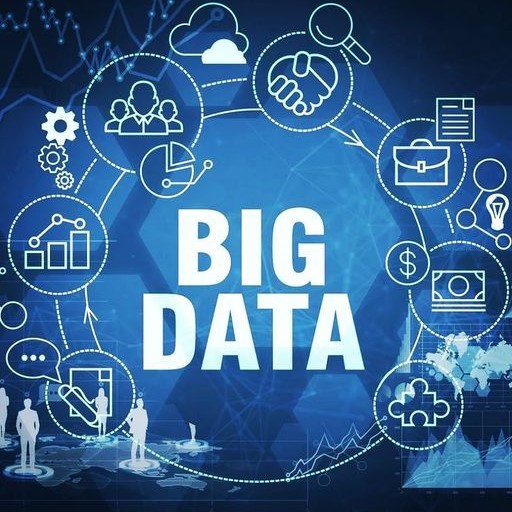



The integration of these technologies creates a digitized valuation ecosystem: automating workflows, enhancing accuracy, and saving time and costs. More importantly, it establishes a transparent, consistent, and verifiable valuation framework that enables valuers and firms to improve service quality and meet the demands of a modern market.
Trends and lessons from the world
Globally, many pioneering companies have leveraged digital transformation to create breakthrough solutions, turning technology into a competitive advantage in valuation:
Daffodil Software (UK) has also applied Deep Learning to develop an automated valuation model with an accuracy rate of up to 93%. Compared to traditional methods, this solution both saves time and increases consistency in reports, thereby supporting investors in making faster and more reliable decisions.
Zillow (USA) with its Zestimate tool demonstrates the power of AI and Big Data in processing hundreds of millions of data points, from transaction records and taxes to property characteristics. With an error margin of only 1.8–1.9% for listed properties, Zillow not only shortens the valuation process but also enhances market transparency. A key highlight is its ability to self-learn and update data in real time, allowing the system to flexibly adapt to market fluctuations.
The experience from Zillow and Daffodil affirms that the combination of technology and standardized data is the foundation for improving speed, accuracy, and transparency in valuation. In Vietnam, valuation enterprises also need to accelerate digital transformation by applying AI, Big Data, and GIS to shorten the appraisal process, improve accuracy, and ensure transparency. At the same time, building standardized data platforms and developing digital human resources are essential conditions to keep pace with global trends.
Benefits and challenges in digital transformation
Digital transformation in valuation brings many practical benefits. Multi-dimensional data analysis algorithms help reduce subjectivity and increase consistency in reports. Automated processes shorten the valuation timeline from several weeks to just a few days, while also reducing operating costs. Digital data is continuously updated, easily verifiable, and traceable, thereby enhancing transparency and reliability. In addition, digitized reports with data visualization allow professionals and clients to access information quickly, supporting more effective investment decisions. Technology also opens the possibility of remote valuation and instant appraisal services, creating opportunities to expand the market.
However, digital transformation also comes with many challenges. Current data sources remain fragmented, inconsistent, and lacking transparency, which can distort results. Dependence on AI and algorithms may lead to errors (algorithmic bias), while cybersecurity risks are ever-present. Furthermore, many appraisers are hesitant to change, while the legal framework for automated valuation is not yet complete, making large-scale adoption difficult. The handling of personal data also raises concerns about privacy and professional ethics, requiring stricter management and oversight mechanisms
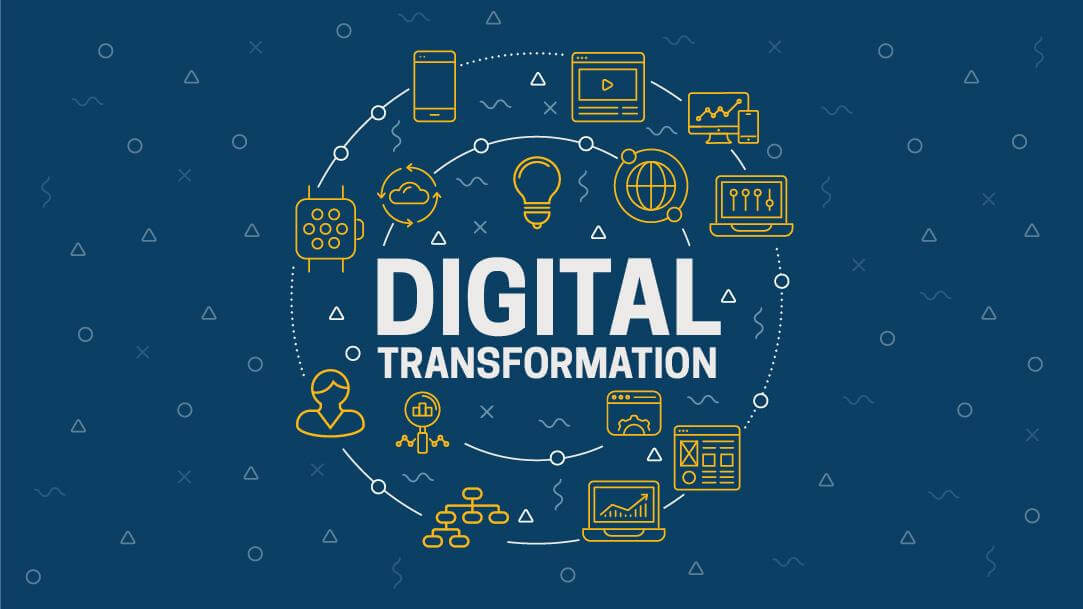
Implementing digital transformation effectively
To achieve comprehensive and effective digital transformation in valuation, it is necessary to focus on three core elements: data, technology, and people.
| Element | Content |
|---|---|
| Data | This is the essential foundation. Vietnam’s real estate market still lacks standardized and unified data, which makes valuation results prone to errors. Therefore, the standardization, digitization, and development of centralized databases—with the ability to update and verify—will determine the success or failure of the entire digital transformation process |
| Technology | AI, AVM, or GIS are only tools; the real value lies in how they are integrated into professional practice. An automated valuation model can only be effective when calibrated with the experience, judgment, and professional standards of valuers. This balance ensures that the speed and accuracy of machines are complemented by the prudence and professional reasoning that are intrinsic to the valuation industry |
| People & legal framework | Digital transformation cannot succeed if valuers lack digital skills and adaptive thinking. Continuous training is essential to ensure that professionals not only master technology but also maintain professional ethics. At the same time, the legal framework must be improved to recognize technology-based valuation results, while also controlling data risks and ensuring transparency in transactions |
Digital transformation is an inevitable trend for the sustainable development of the valuation industry. Technology enhances service quality, increases transparency, shortens timelines, and creates competitive advantages. The government is also encouraging this process by introducing supportive policies and establishing a favorable legal framework. To achieve effectiveness, enterprises need to standardize data, apply technology selectively, train digital human resources, and harmonize these with the professional expertise of valuers. The joint efforts of the State, businesses, and professionals will contribute to elevating the valuation industry and promoting the sustainable development of the real estate market.

Author:
Ha Hong Yen– Associate Director
& Le My Ky
Contact:
📩 yen.ha@dcfvietnam.com
📞 +84 965 30 44 30
References:
Disclaim
This content is the author’s work and does not reflect the views or positions of DCF Vietnam Corporation. Furthermore, this content is not intended to create an appraiser-client relationship, is not an appraisal/valuation, and does not substitute for a professional appraisal/valuation. Real and specific situations or assets should be considered with the advice of a professional appraiser before taking any action related to the topic discussed herein.
